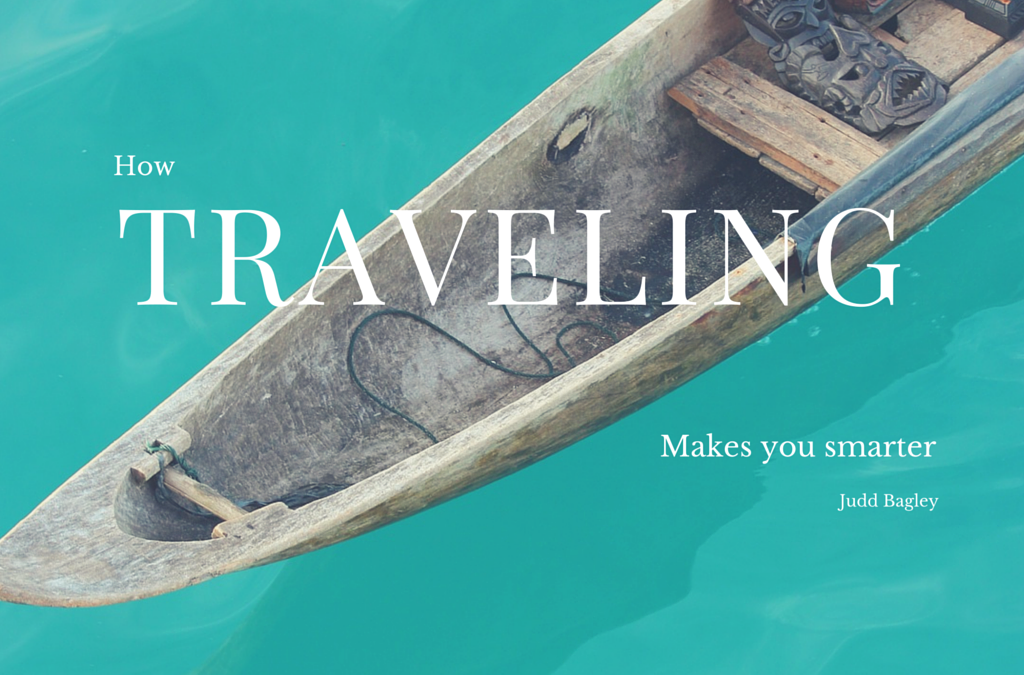There’s been a lot of buzz recently about the positive effects of travel. Everywhere you turn, you read a new article promoting the ways travel keeps your mind in shape and forces you to discover other cultures and styles of living. I couldn’t agree more. Over the past decade, I’ve made it a priority to see more of the world. I’ve taken a new lens, focusing on places that receive less tourist attention. While I’m visiting a new place, I love to ditch the cabs and the traffic. I head out on foot. But how does traveling make you smarter? To start, it forces you to take time off from your normal routine. This includes your job. While I often travel for work, I’m in a different place. I’m not at my office. I’m not surrounded by the usual people I see every day.
If you’re not traveling for work, that’s even better, according to various new studies. How often should you recharge? That’s still up for debate, but taking 10-20 days of vacation should be on every American’s list of priorities. You can prevent burn-out, connect with family or friends, and find the time to pursue your hobbies.
Traveling also connects you with cultures and people that you wouldn’t normally find back home. Why is this important? Experiencing new cultures and places is a great way to open your mind. You might find yourself with more empathy or patience. You’ll be far more understanding. Every time you travel, you fine-tune your social skills. You learn how to ask for better directions. You become fluent at making friends quickly. You might even pick up another language.
One of the best parts of exploring new cultures is bringing home new traditions. Chances are, you’ll eat a delicious meal (or two) that you won’t be able to find at any restaurant where you live, leaving you to create it on your own. Not only will you expand your palette, but you’ll be more motivated to learn new recipes.
While I may often harp on the amount of studies published every day, I often circle back to one conducted by Lile Jia at the University of Indiana. Jia asked two groups of participants to compile a list of different forms of transportation. For the first group, he told them the research would be used for students studying at the University of Indiana. He informed the second group that the research would aid students studying in Greece. The results were remarkable. The second group compiled a much larger list, including items like a spaceship, multiple types of scooters, etc. The first group presented a much smaller, more traditional list. Jia’s study illustrates a common phenomenon that happens when we travel or even think about traveling. We widen our horizons. We’re no longer confined to the physical space where we live.
There’s no doubt in my mind that traveling can make you a smarter, more engaged human. Just one more reason why I’ll continue exploring the world every chance I get.


